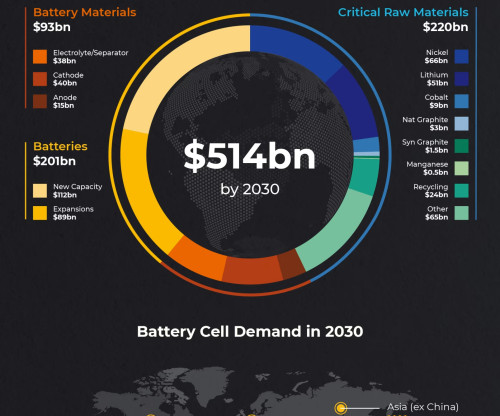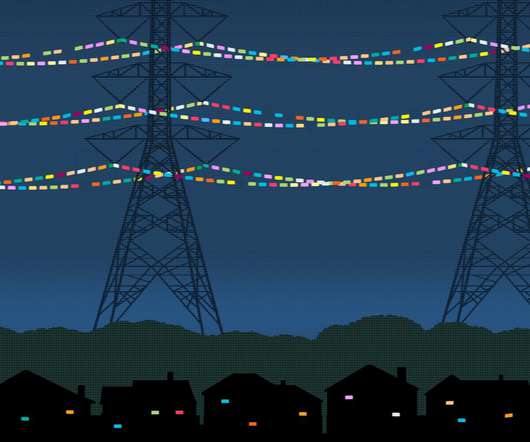Siemens Energy teams up with Duke Energy, Clemson University to study hydrogen use
Green Car Congress
DECEMBER 13, 2020
Siemens Energy, Duke Energy and Clemson University have teamed up to study the use of hydrogen for energy storage and as a low- or no-carbon fuel source to produce energy at Duke Energy’s combined heat and power plant located at Clemson University in South Carolina.













Let's personalize your content